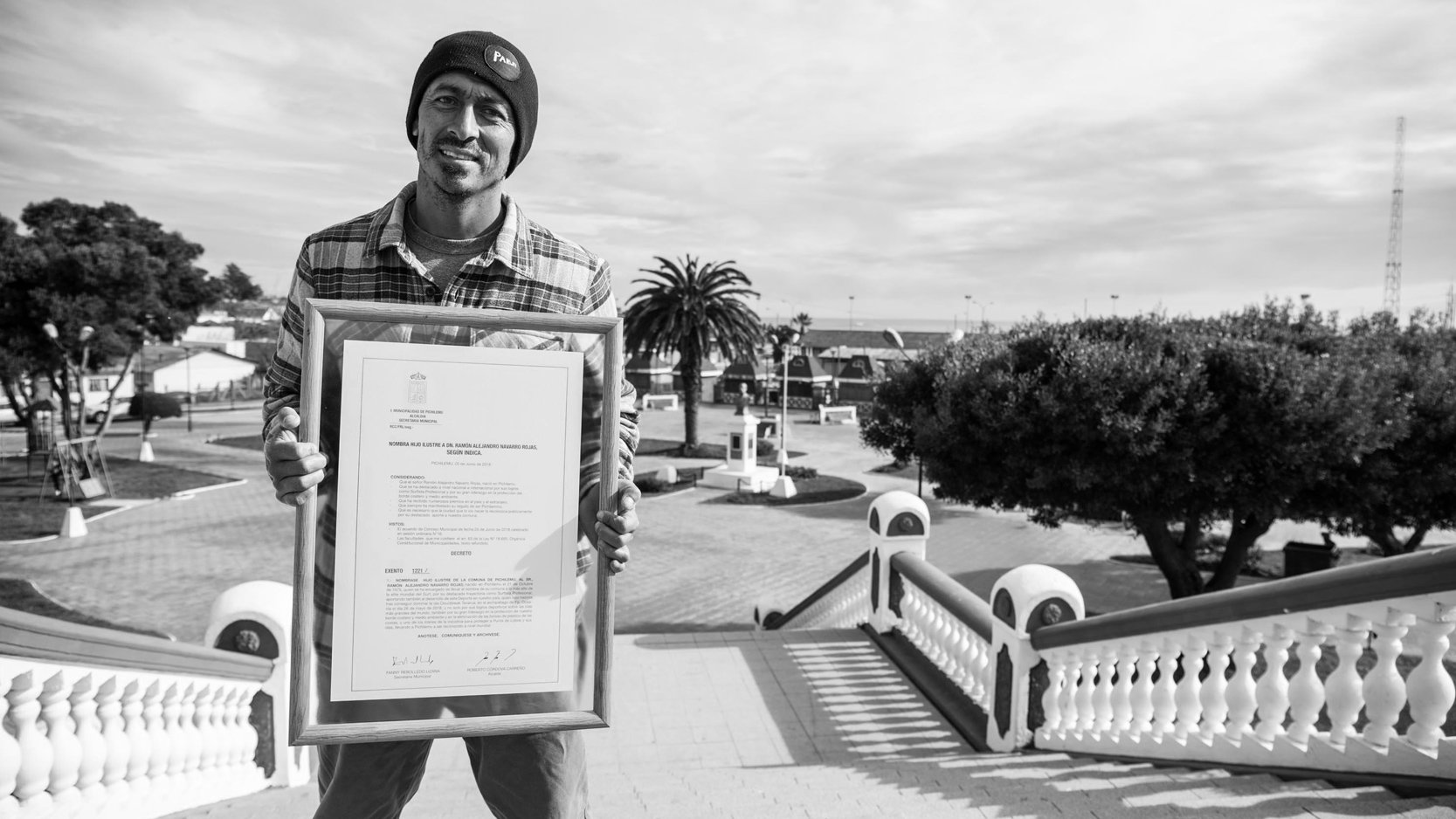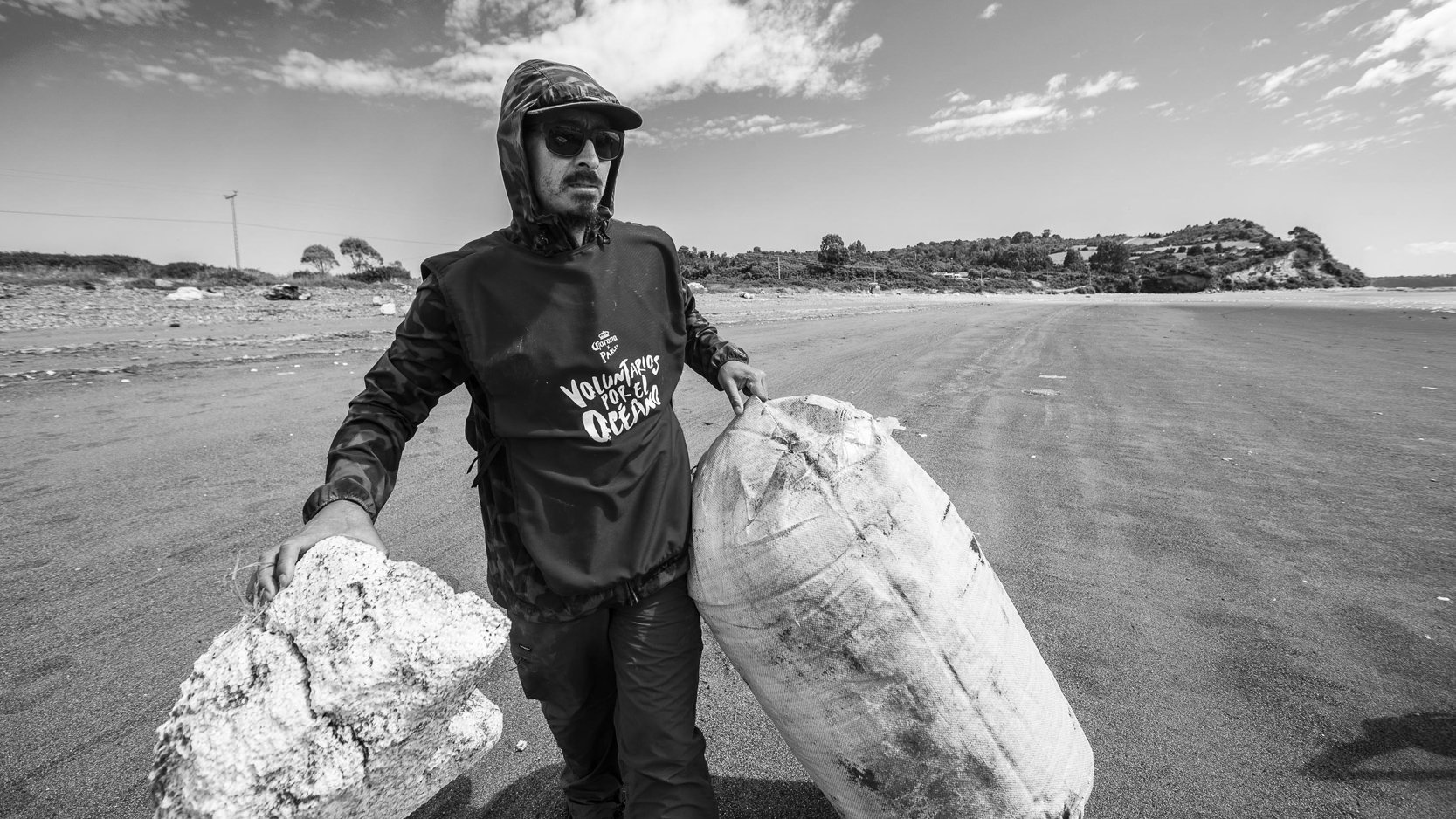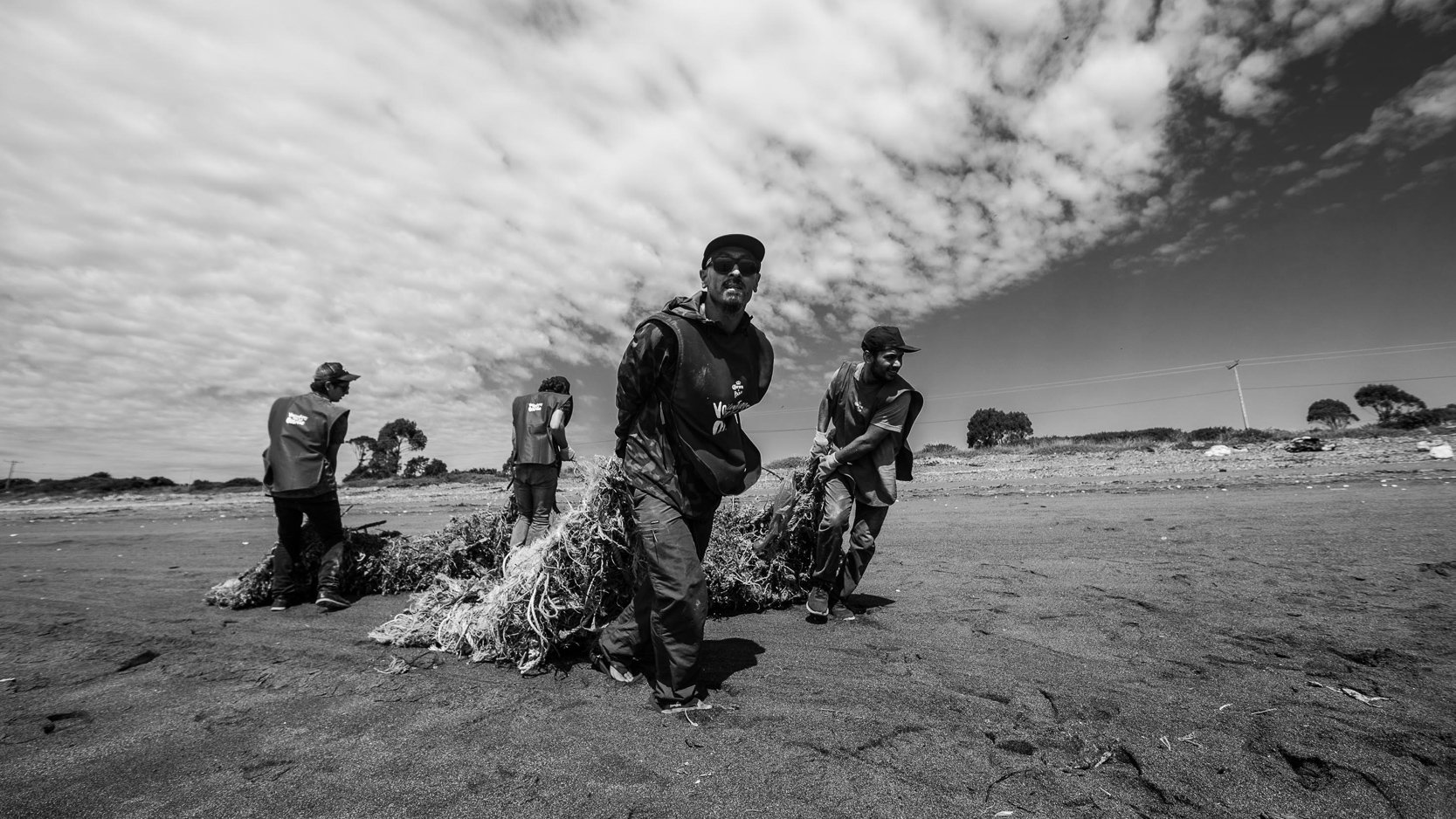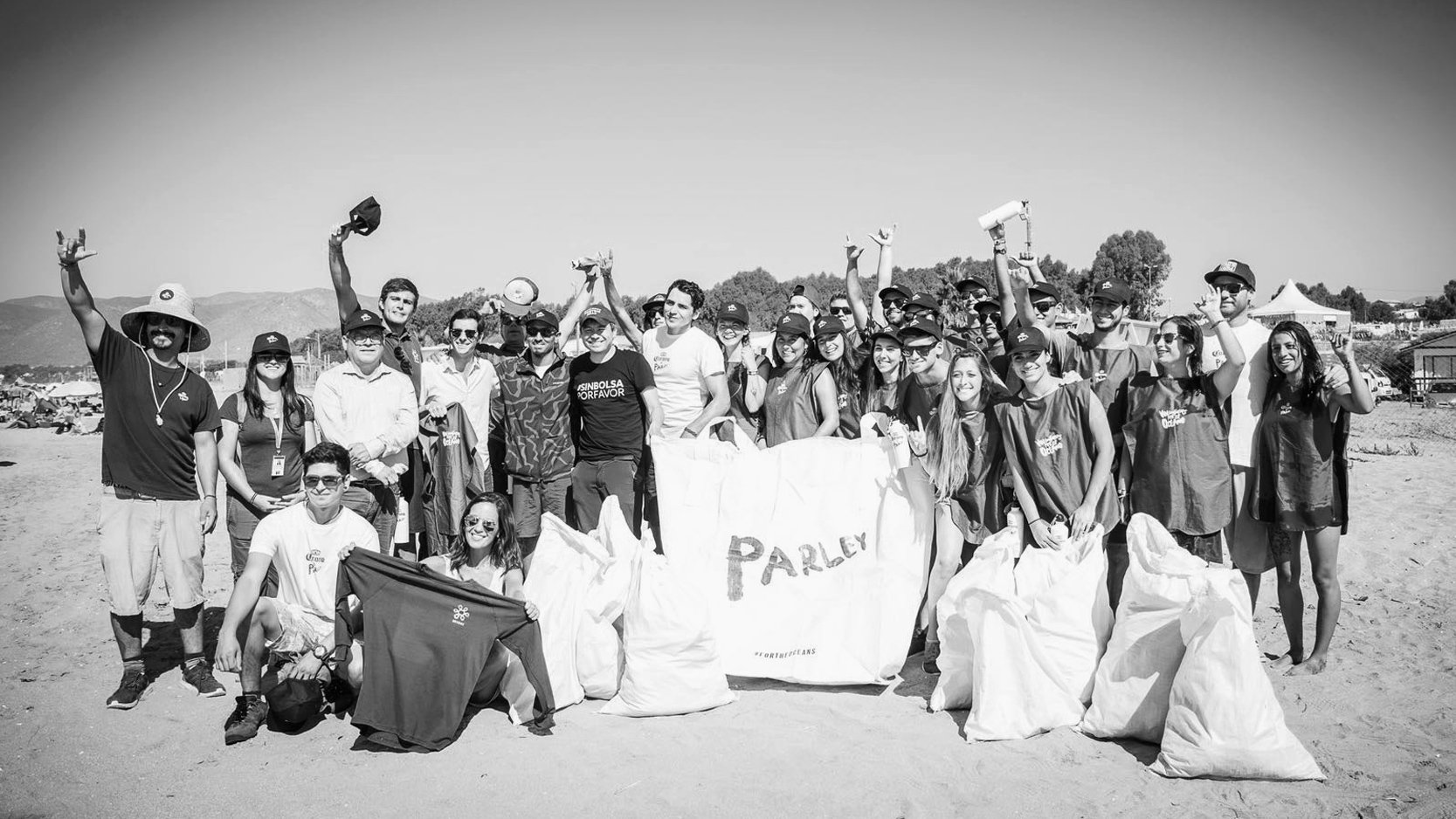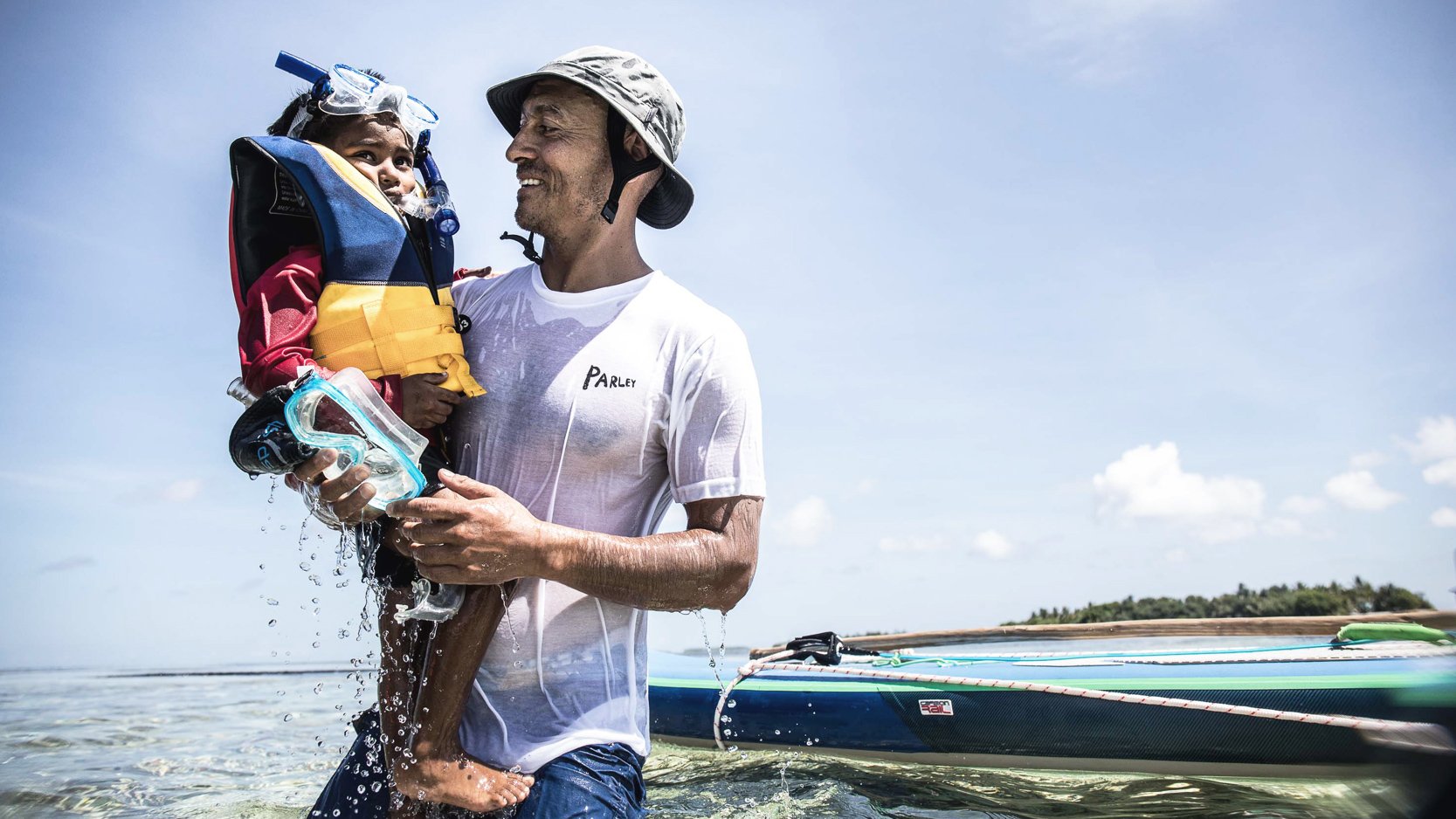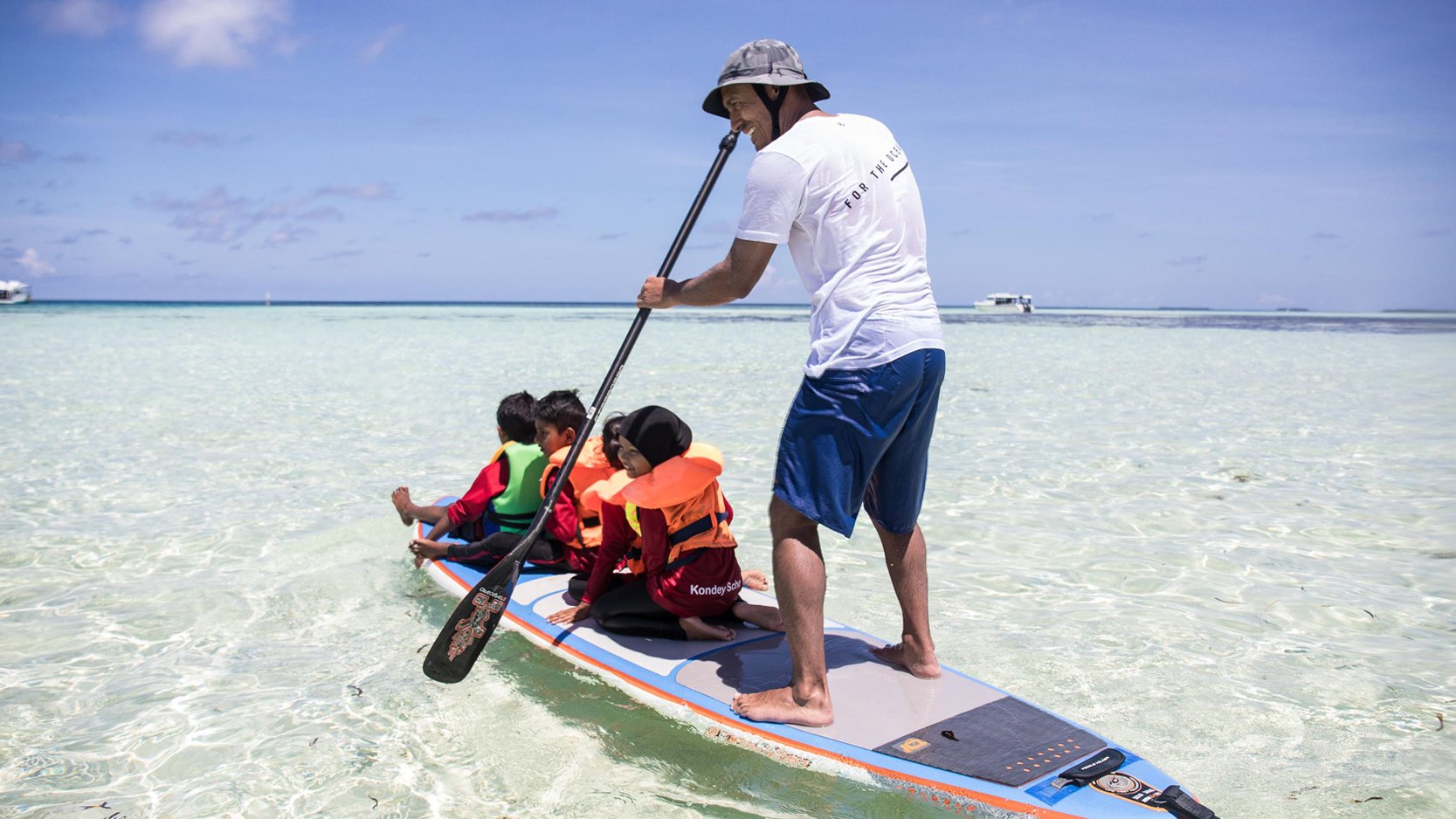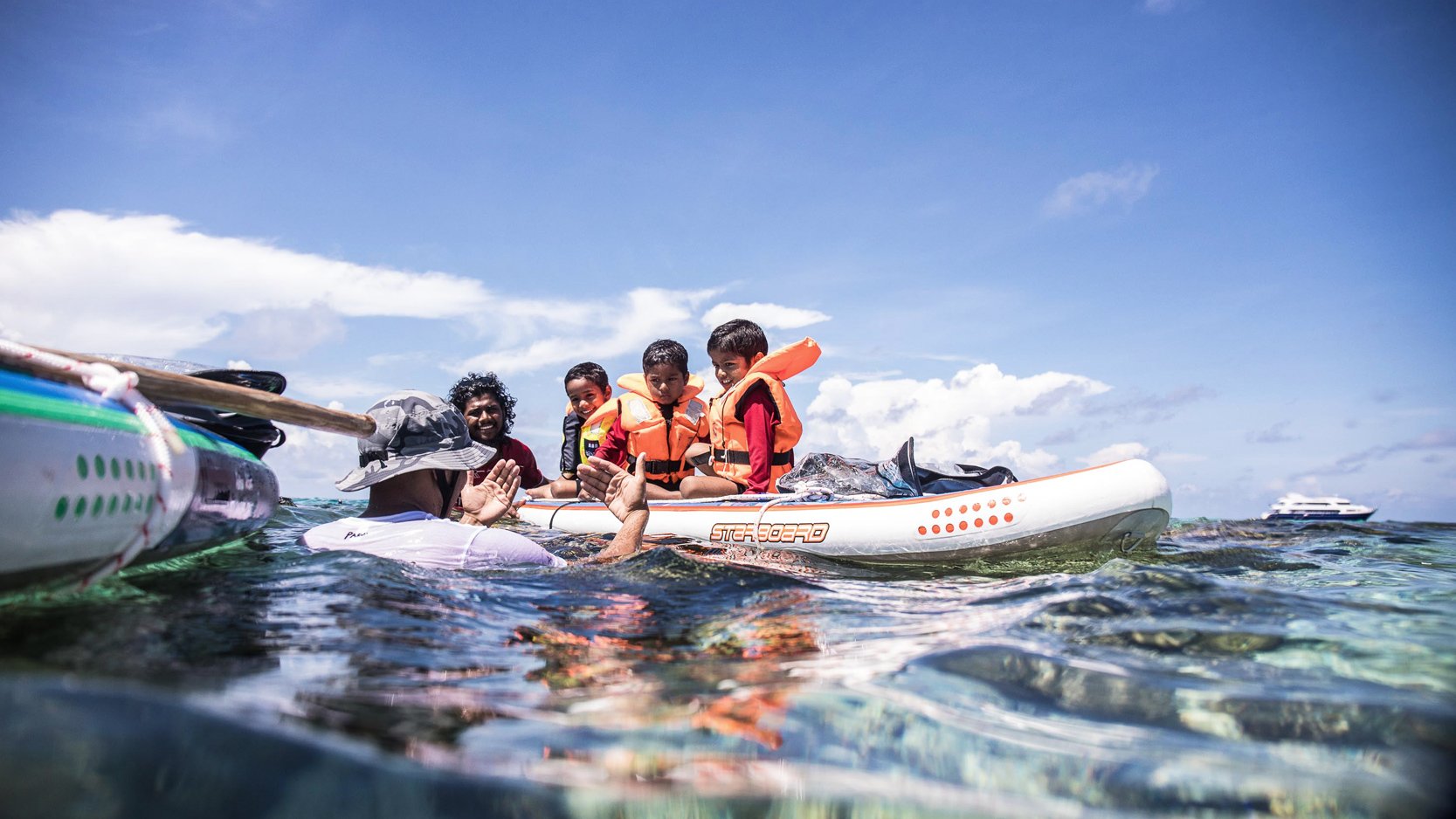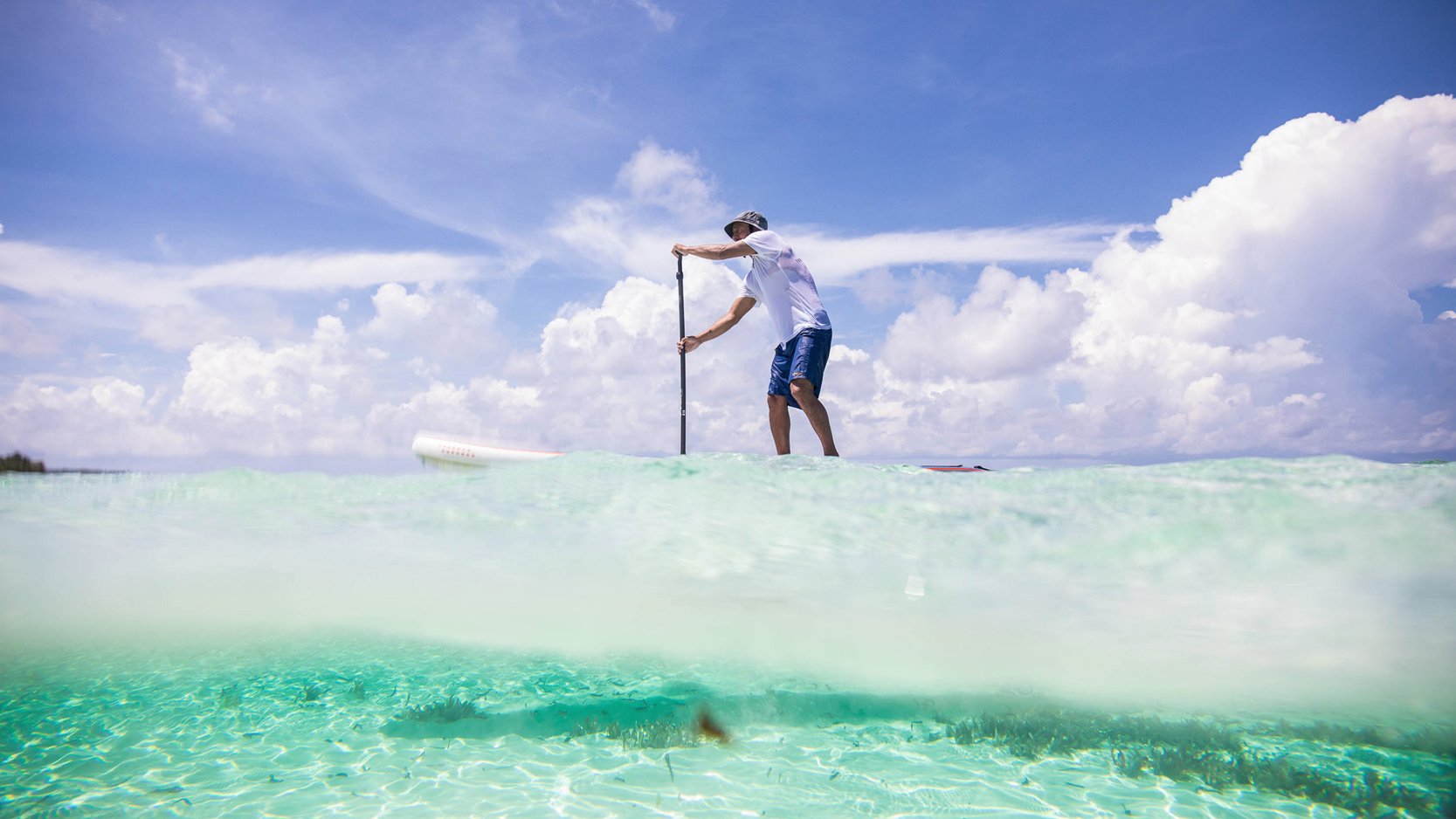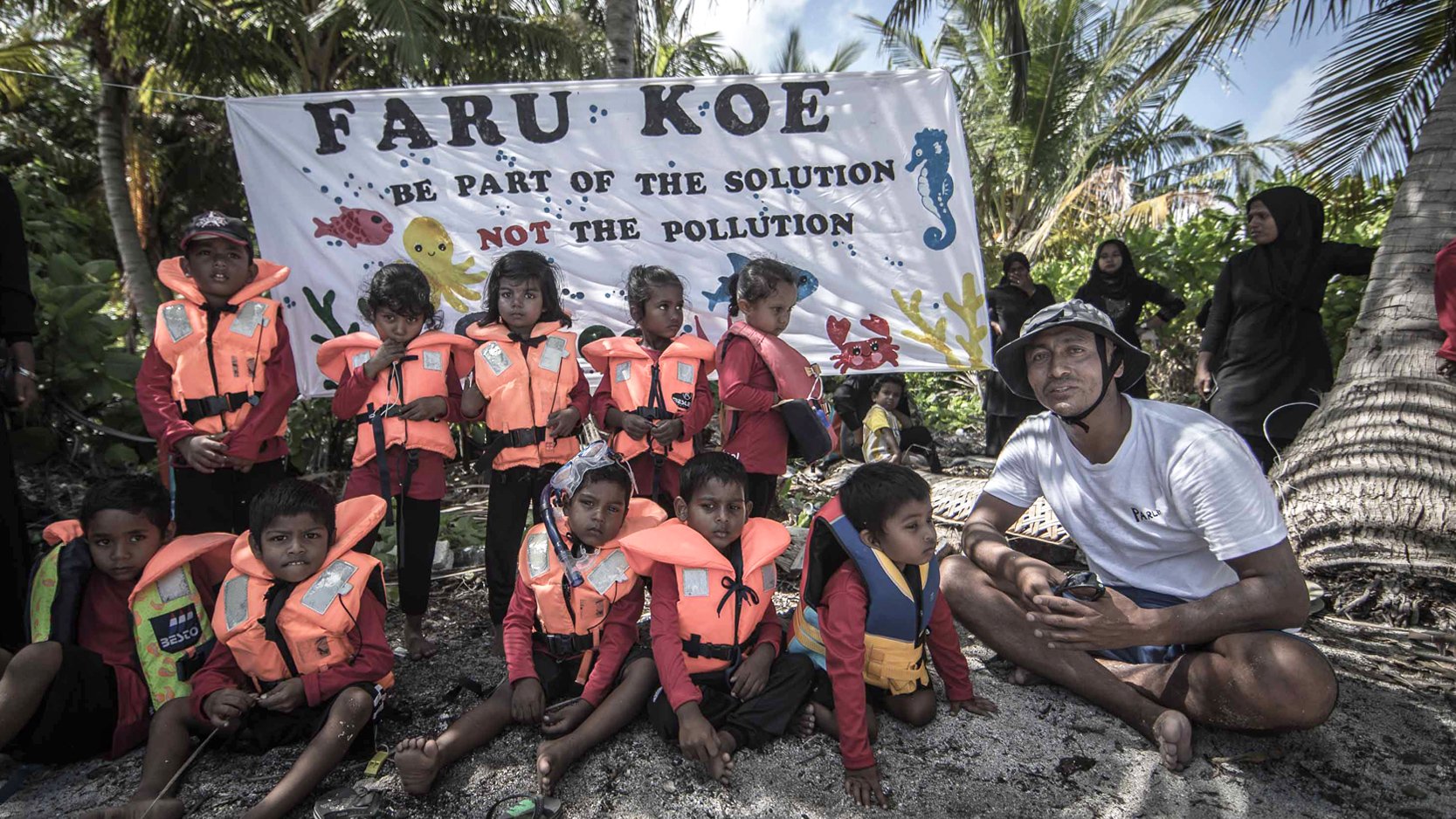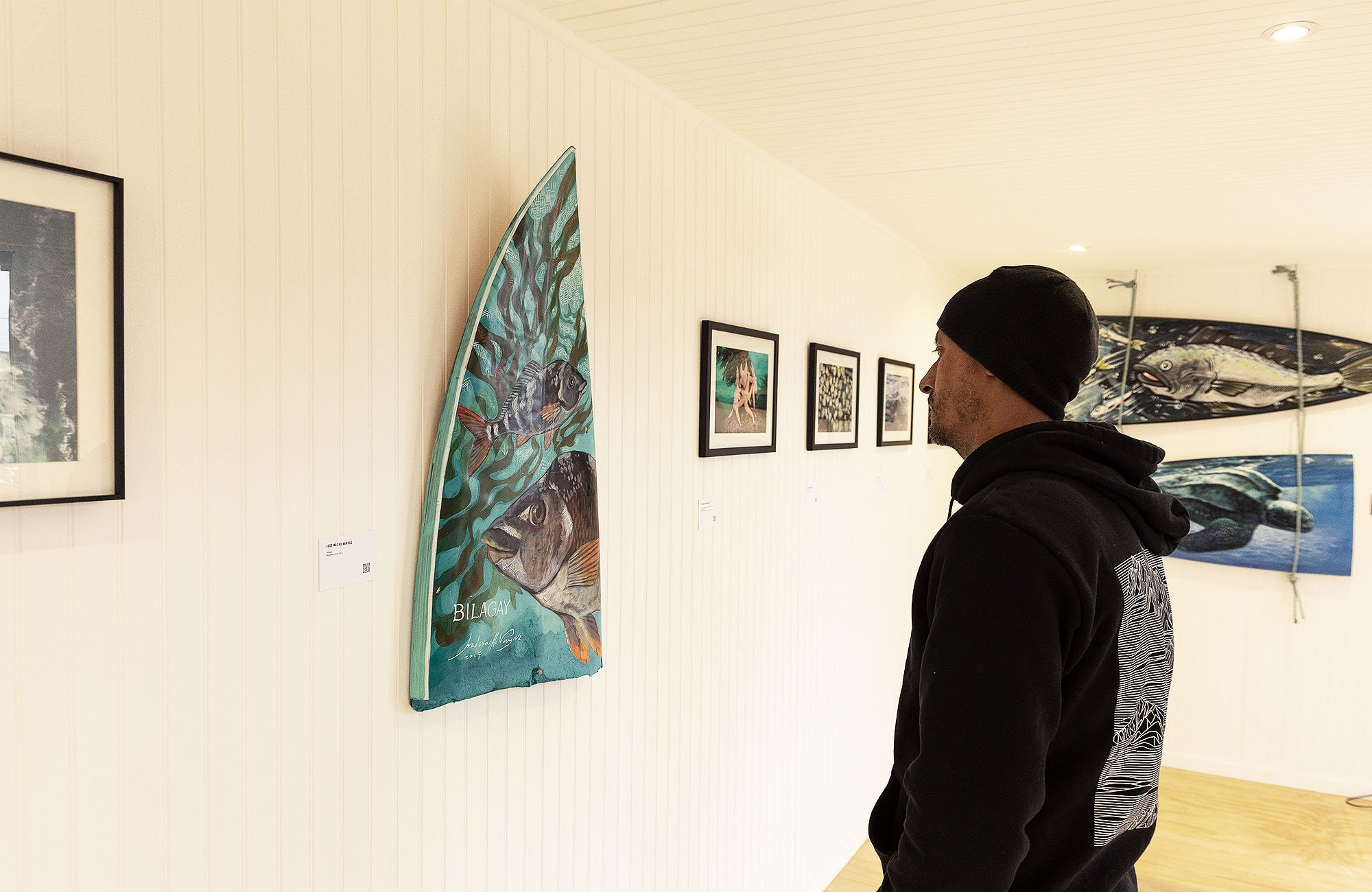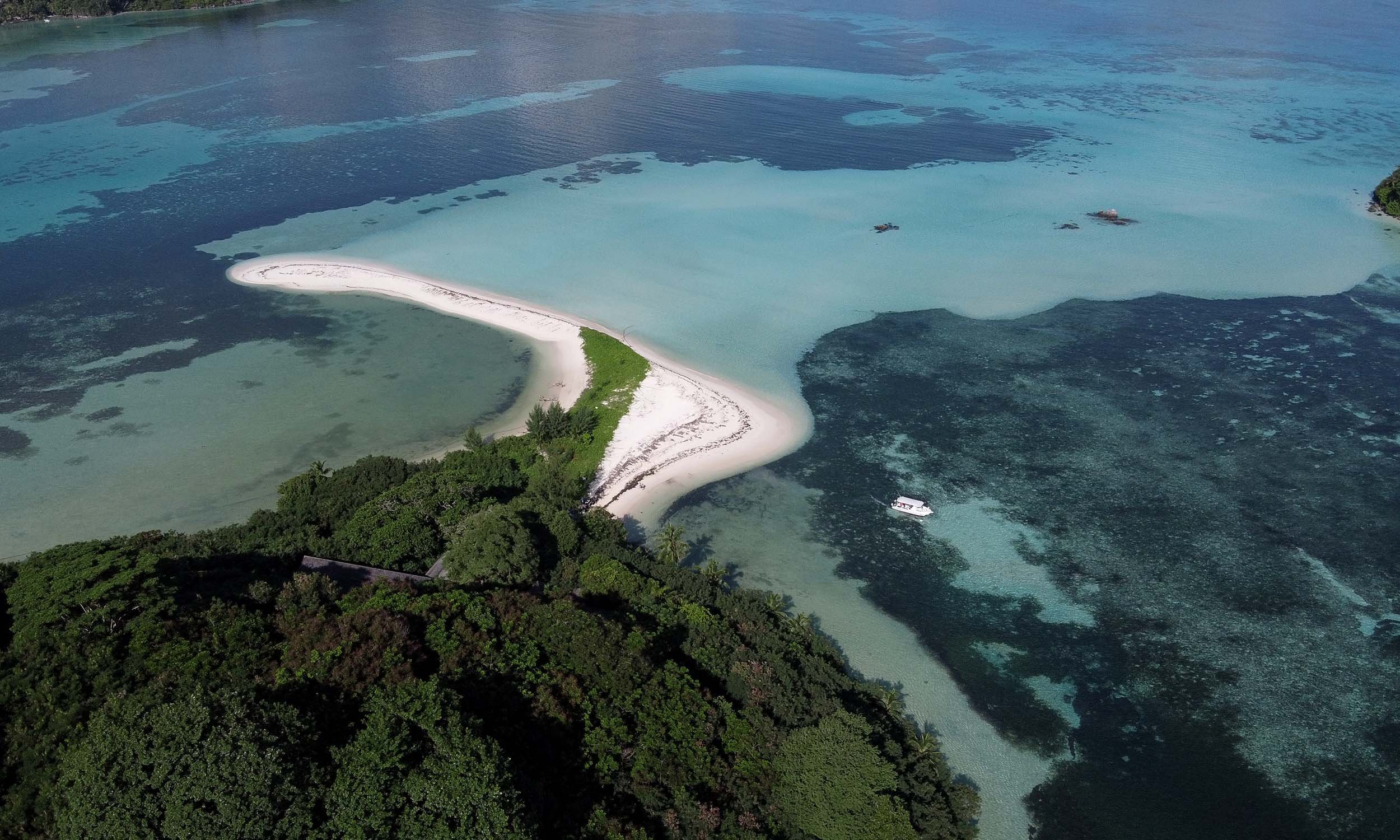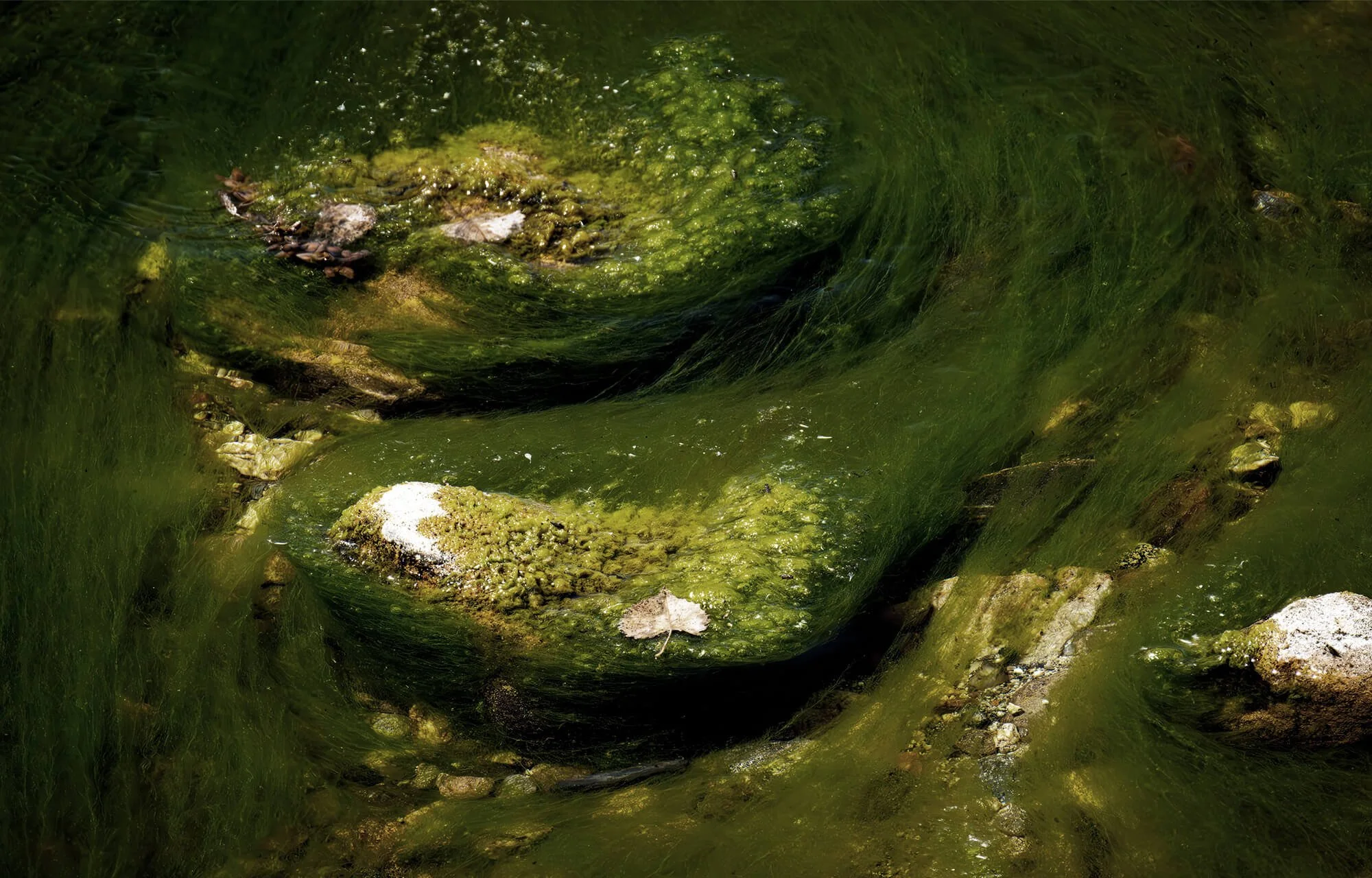Ramón Navarro: The Illustrious Son
Meet Parley Ambassador and big wave surfer Ramón Navarro
Chilean big wave surfer Ramón Navarro grew up on the ocean, helping his father with his fishing business and learning to dive at an early age. Ramón later built his reputation on riding giant surf, and his top finishes in numerous competitions throughout the world speak to his talents. However, his actions off the board speak just as loudly to his passions. A committed activist, Ramón has worked on numerous projects to preserve Chile’s vibrant surf environment and protect its coastline, one of the largest in the world.
As a Parley Ambassador, Ramón heads up Parley Chile initiatives and the Corona x Parley 100 Islands Protected project, working to bring Parley AIR to the communities of Chile and beyond.
On June 15, Ramón was declared Hijo Ilustre de Pichilemu, “Illustrious Son of Pichilemu,” for his work to end marine plastic pollution and protect the environment for the future of Chile
What is your earliest memory of the ocean?
What I remember first of my connection with the ocean was listening to the sea lions at Punta de Lobos, when my father lived there and would arrive home with fish. I was impressed by the sound of the sea lions.
Who is your ocean hero?
My father.
You grew up next to the ocean in Chile – tell us a bit more about that.
It was the best experience I have ever had. I learned the importance of respecting nature from a very young age. It was not my Father’s intention to teach me this, for him it was simply a profession. He was a fisherman, and it was through his work that he taught me to respect marine life. The connection that I have with the oceans is bound to my life with my Father. Growing up close to the sea at that time also allowed me to see more of the beauty of these places. What is left is the memory of beaches without so much pollution, and without so much human impact.
Why big waves? What draws you to that challenge?
They inspire in me a lot of respect, and at the same time it is a challenge.
I believe to respect nature, it must be understood, and surfing big waves is like that — you have to understand the sea to be able to challenge it.
How old were you when you learned how to surf? Who taught you or inspired you to try?
I was 12 or 13 years old. I started surfing when I saw my friends and neighbors of Infiernillo surfing... they lent me a bodyboard and a board that we lent to each other until Matias Lopez gave me a split board and fixed it. And from there I did not stop.
When did your eyes open to marine plastic pollution and related ocean threats?
When I went to Hawaii for the first time in ‘99, I realized the respect of a local community towards the ocean and there I realized that in Chile there was nothing like that, or we were very far away from it. So there was a long way to go.
Describe your perfect wave.
May 25 of 2018 in Fiji.
You know how one dreams their entire life about an ideal moment? It has happened to me twice. Both in Fiji. The ocean gave me this gift for helping to protect it, and for respecting it. I feel it, and I have the responsibility to spread this message. Magical things happen when you have such a strong connection with the sea. It’s almost like you begin to speak the same language. When you understand the ocean like a whole being instead of just a single wave.
As a Parley Ambassador, Ramon is active in Parley Ocean School youth education programs and the implementation of Parley AIR around the world, from the islands of the Maldives to communities along coastline of his home, Chile
You’ve participated in cleanups all across Chile with Parley and Corona. Was there a specific beach or moment that stands out in your memory?
Chiloé, without a doubt. I did not think I was going to find so much trash on the beach... I can not believe that more than three decades have passed and nobody has taken charge of cleaning that. But we will be the engine to do it.
What was your first impression of Parley?
When we went to Maldives last year and saw all that mix of people with a common denominator: the love for the ocean. I realized that a collaboration network is a tremendous tool since the care and protection of the oceans can not be done alone… it takes all kinds of creative minds and actions to stop the contamination of plastic at sea.
Why did you choose to join Parley?
I think that it goes hand in hand with what I am doing at this moment in my life… as I said before, the collaboration.
What is your takeaway from Parley Ocean School? Why bring a group of people from different backgrounds together in that setting?
When you are in a boat surrounded by the ocean, it gives you the perception of an island and you see from the inside how to act in front of the vastness of the ocean that surrounds you. Add creative minds and you can achieve many things. It is an incredible initiative to replicate in all countries and I hope to do it in Chile soon.
Why do you think it’s important for children – and people in general – to experience the ocean for themselves?
It is as important for children as it is for people in general, because when one gets to know and understand a place you begin to love and care for it. When you live and respect it, you will protect it. It is not something external, it is like taking care of your backyard.
Where do you see signs of progress? What gives you hope?
Undoubtedly the Archipelago of Juan Fernandez, for me is one of the few places where the community is united and has an infinite respect for the sea and its resources.
What is your vision for the future of Chile?
More Marine Protected Areas is what gives me more hope. I think we are an example of a country, we have incredible potential and that is the tourism objective we can give… the tool is the protection of marine and terrestrial spaces. At the end, this is what will remain for future generations.
What can we do to bring back the pristine blue?
Encouraging younger generations to get out there, do sports, and connect with nature.
When one understands the ocean because of culture, family, or simply for understanding it, when you get on the same level as it, amazing things happen. You can have all the material things, but in the ocean we are all the same. In nature we are all the same. Being in contact with it and developing the patience to listen to what it has to say teaches you a lesson in humility. If human beings could have that vision of the world, everything would change.
If the ocean is setting limits, one should understand it. Today we think of the sea as either a source of resources and economic growth or a trash can. That is lack of connection. The only ones that will lose if we continue to think this way are going to be us. Nature is in charge. What we need is a different vision. A vision that comes from that place of humility.
Ramon Navarro's massive barrel, possibly one of the biggest ever ridden, at Cloudbreak, Fiji. Filmed by Taylor Curran.
#ParleyAIR
#100islandsprotected


